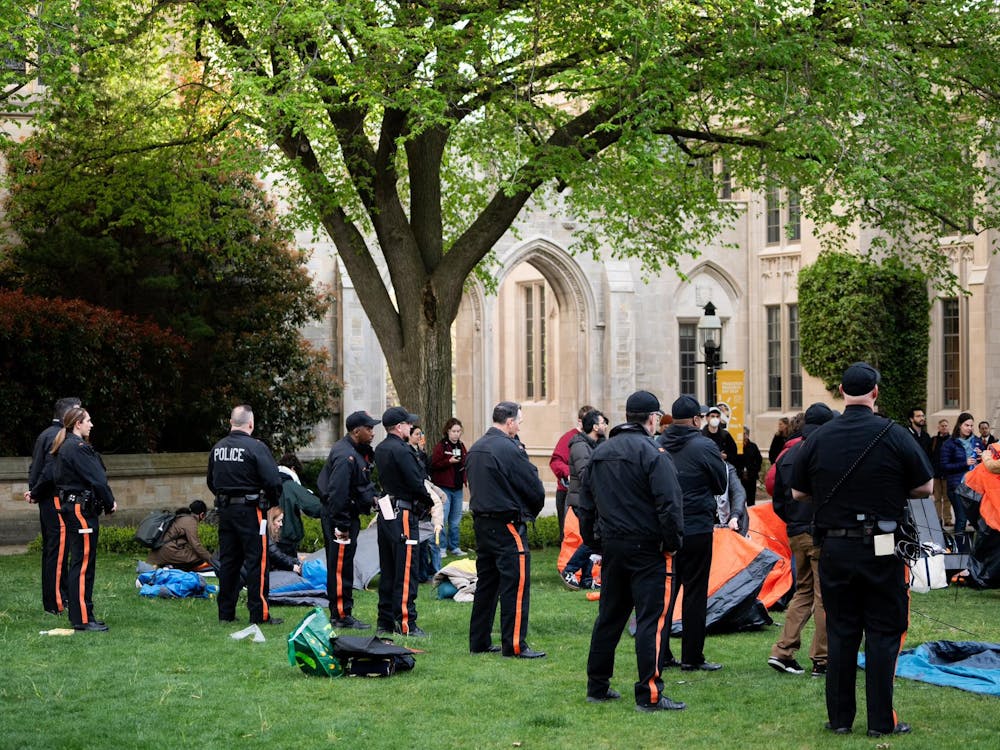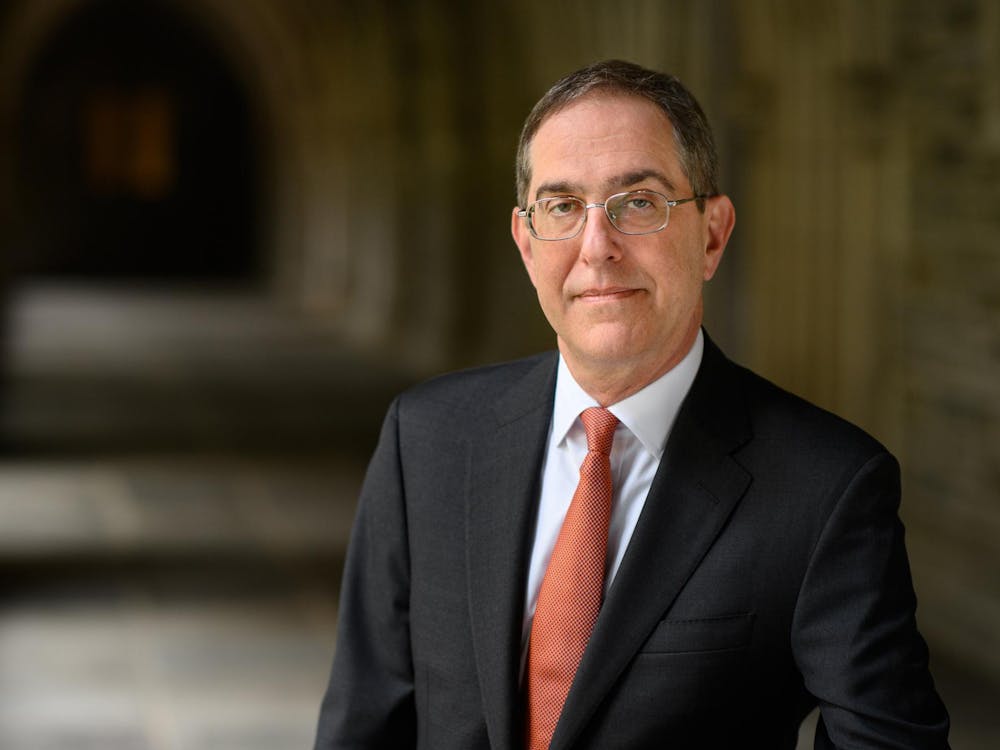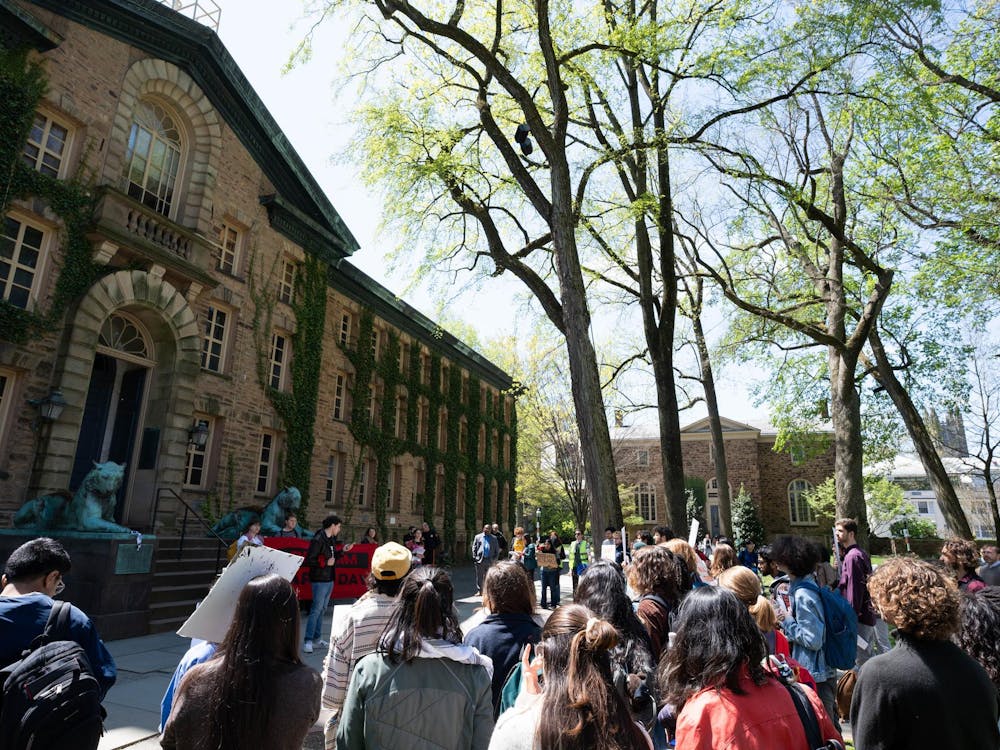One woman, two reporters and a slow news week was the right mix to turn the scandal surrounding Rachel Dolezal, former president of the Spokane, Wash., NAACP, into a national media sensation.
You don’t want to hear about her again, and listen, I don’t want to be talking about her three months after we all abandoned her story for newer and shinier outrages. But this column isn’t about Dolezal. I don’t care if she is sincere or a fraud, an activist or a power-seeker. What I care about is the way the media responded.
Here’s the SparkNotes version of the uproar. Dolezal, 37, was born in Lincoln County, Mont. to white parents. Later in life, she began to call herself black — and with the help of some bronzing agent and a new hairdo, she looked the part. She moved to Spokane, where she rose to prominence in her community for her civil rights activism. She would hold a number of positions, including the office of president in the Spokane branch of the NAACP.
But journalists Jeff Selle and Maureen Dolan of the Coeur d’Alene Press tracked down Dolezal’s parents, who told the reporters that Rachel was white. Her cover was blown, and news outlets across the country ate her for breakfast. Four days later she resigned. And how could she not? Conservatives and liberals alike were against her.
A segment from The Daily Show captured the prevailing attitude. “This woman took this lie very far,” Stewart said of Dolezal. Correspondent Jordan Klepper, who is white, pretended to be black in scathing parody. Finally, correspondent Jessica Williams, who is black, came on the set and delivered the money quotes. “You can’t just appropriate persecution just because it’s cool,” said Williams. “If team black didn’t pick you, you can’t just suit up and run on the field. There’s no walk-ons. We need allies, not replacements,” she added.
A similar message boomed from every news station and all four corners of the newspaper: There is no such thing as “transracial.” Rachel Dolezal was a fraud.
And yet, Dolezal still identifies as black. “It’s not a costume,” she told Vanity Fair in an interview. “From my earliest memories I have awareness and connection with the black experience, and that’s never left me. It’s not something that I can put on and take off anymore. Like I said, I’ve had my years of confusion and wondering who I really [was] and why and how do I live my life and make sense of it all, but I’m not confused about that any longer. I think the world might be — but I’m not.”
This, of course, is exactly what transgender people say about gender. And we largely believe them. Just two weeks before The Daily Show slammed Dolezal, it extolled Caitlyn Jenner’s bravery for publicly transitioning to a woman.
I have tried hard to understand just what it is that makes the transgender person a hero but leaves the transracial person a villain. I talked to a friend who identifies as gender-neutral and who opposes Rachel Dolezal, but my friend could not give a satisfactory answer. Neither can the transgender opinion writers. They balk at the mere idea of a comparison. Meredith Talusan, a Guardian contributor and transgender woman, writes that this comparison is an attempt “to discredit and shame trans women.”
According to Talusan, the difference lies in agency. Identifying as another race is an active choice, she says, whereas identifying as another gender is involuntary. Maybe so. Dolezal, surely, could have lived out her life as a white person. But then, Jenner could have lived out her life as a man. She would have still felt like a woman on the inside, I imagine. But who can say that Dolezal could help but feel black? She had four black siblings by adoption. She attended a historically black university where she made black friends. She married a black man and gave birth to a black son.
Talusan, like many before her, would have you believe that Dolezal became black for political reasons. I don’t buy that. For one, there are no race requirements for the office she held — the Spokane NAACP had a white woman serving as president in the 1990s. Moreover, Dolezal spent her time doing real civil rights work once she was in office.

But why are we questioning Dolezal in the first place? The transgender community would attack anyone who questioned Caitlyn Jenner. Why would someone who gained celebrity status as a male athlete — someone who spent 65 years as a man — suddenly become a woman? Could it have been a ploy to get back in the spotlight? Those sympathetic to Jenner would say that these questions are insulting and ignorant because they refute Jenner’s experience and her identity.
Talusan’s refutation of Dolezal’s identity would be equally ignorant by the same logic.
But there was never any logic to the media’s reaction in the first place. The same liberals who support transgender rights — and transgendered people themselves — deny Dolezal with the same logic that the socially conservative use to deny the transgender community.
I am not writing to make a value judgment on Dolezal’s character. Neither am I writing to tell you to support transracial rights or to oppose transgender rights. I am only offering that the opinion put forth by many socially liberal people in the media is irrational. For if you accept the argument that no one can be transracial, then you must also accept the argument that no one can be transgender. It is, after all, the same argument.
Newby Parton is a sophomore fromMcMinnville, Tenn. He can be reached at newby@princeton.edu.Correction: Due to a reporting error, an earlier version of this article used the term "transgendered" instead of "transgender." The ‘Prince’ regrets the error.








